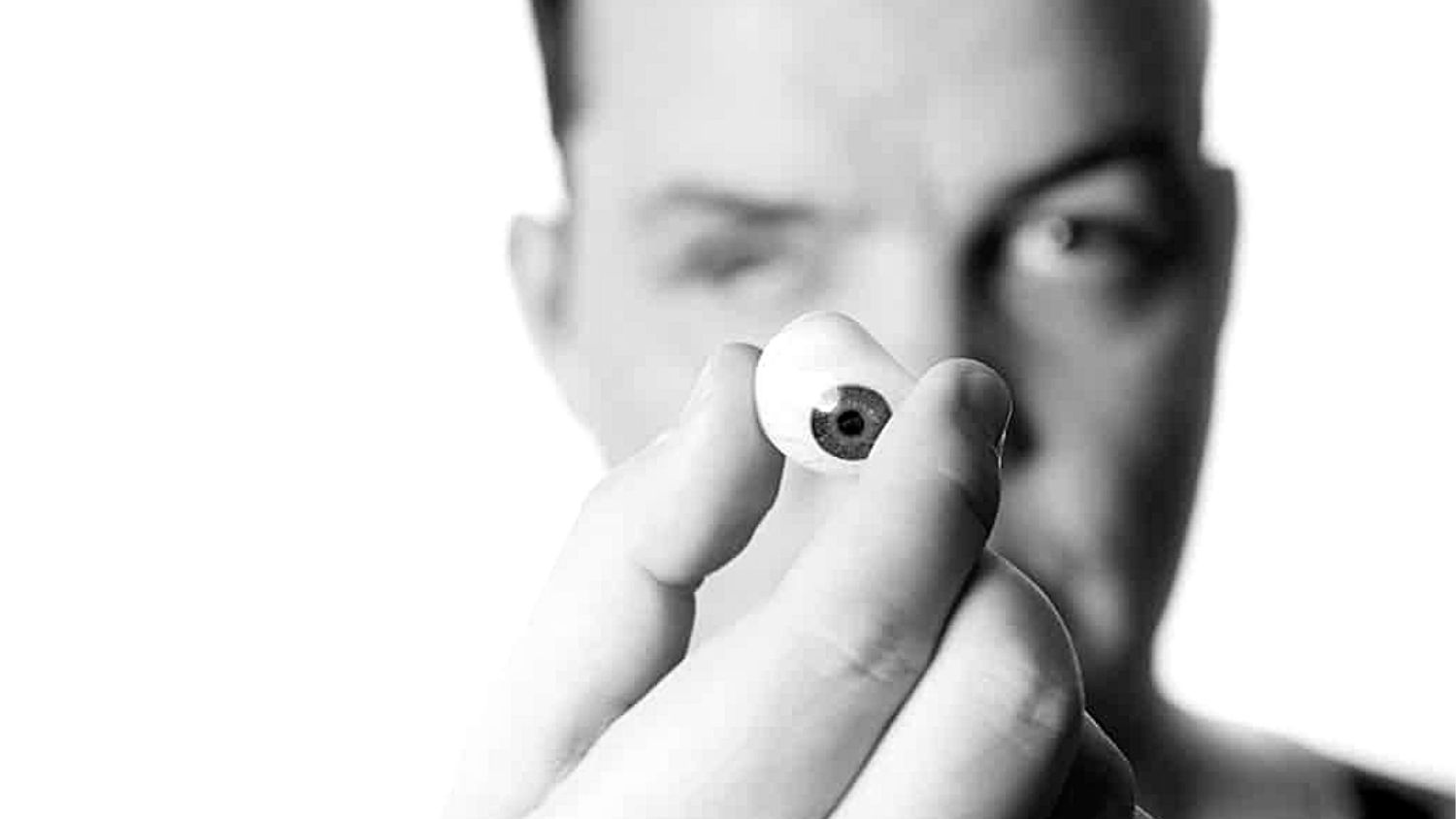Ocular Prosthesis
An ocular prosthesis or “eye” prosthesis is a substitute for people who have lost the eye to trauma, congenital defects or ablative cancer surgery.

The prosthetic eye can dramatically improve the appearance of people who have lost an eye. It's not a real eye, but a shell that covers the structures in the eye socket.
Eye removal is indicated in the following cases:
- • Injury
- • Glaucoma
- • Infection inside the eye
- • Eye tumours
Types of Surgery
There are two surgical methods for removing a damaged eye. The type of surgery you have will affect the selection of a prosthetic eye. The two methods are:
Evisceration – This is the most conservative method of surgery in which the jelly-like substance inside of the eye is suctioned out. This is done through an incision in the front of the eye. In such a surgery the eyelids, muscles surrounding the eye and bony eye socket are maintained. Enucleation. In this method, the entire eyeball is cut away and removed from the eye socket.
Prosthetic Eye Surgery: What to Expect
Removing a damaged eye is usually performed under local anaesthesia. Sedating medicines and pain medicine may be given through the veins to reduce anxiety and pain. General anaesthesia is usually not necessary but is an option.
Following surgical removal of the eye an ocular implant is inserted in to the socket to help maintain shape and volume of the socket.
Oral antibiotics and local application of eyedrops will be prescribed. The eye socket is kept covered with bandage and given months to heal.
After healing is complete, the maxillofacial prosthetist makes wax impressions of the front of the eye socket. A custom prosthetic eye is fabricated to fit over the ocular implant. A new pupil, iris (coloured part of the eye) and blood vessels on the white area (sclera) are carefully painted on by hand to match the healthy eye.
The eye socket may continue to change shape after surgery. Additional fitting and adjustment of the prosthesis may be necessary for weeks or months after initial placement.
The eye is fabricated so as to best replicate the normal side. A prosthetic eye moves, but often not as fully or briskly as your other healthy eye. The pupil in a prosthetic eye does not change in response to light this may cause the pupils of the two eyes to appear unequal.
A prosthetic eye cannot restore vision. After removal of the natural eye and placement of a prosthetic eye, a person will have no vision in that eye.
What is a Prosthetic Eye Made of?
The prosthetic eye includes:
Sclera - Whitish outer shell finished to duplicate the white colour (cornea) of the other eye
Iris and pupil - Round, central portion painted to look like the iris and pupil of the other eye
At one time a "glass eye" was really made of glass. Today, a prosthetic eye is generally made of hard, plastic acrylic. The prosthetic eye is shaped like a shell.
FAQS
How should I take care of my prosthesis?
- • Clean the tissue surface of your prosthesis with a gentle soap or baby shampoo and a damp cloth.
- • Wash the skin of the defect with mild soap.
- • Initially you can remove the prosthesis at night but once you get comfortable with the prosthesis this frequency can reduce.
- • Keep the prosthesis in an airtight container with some water in it when not in use. Keep this container in a dry and dark area away from sunlight.
- • Remove the prosthesis when engaging in physical activities and contact sports (cricket, football, swimming etc).
Can my prosthesis get damaged?
Yes. Since your prosthesis is made up of acrylic the chances of the outer transparent layer of acrylic getting damaged are very high.
Scrubbing the prosthesis with a brush might scratch the prosthesis and cause it to wear faster. Using strong detergents or alcohol to clean the prosthesis may damage the acrylic. Leaving the prosthesis in an area of strong sunlight might cause the colours to fade.
Will I be able to see again if I wear my prosthesis?
The prosthesis will boost your confidence and make you ready to face society without fear. It however will not be able to restore your eyesight.
Book An Appointment
